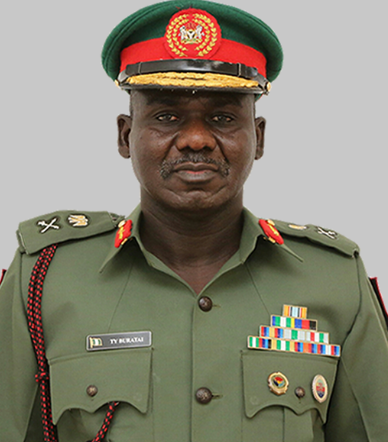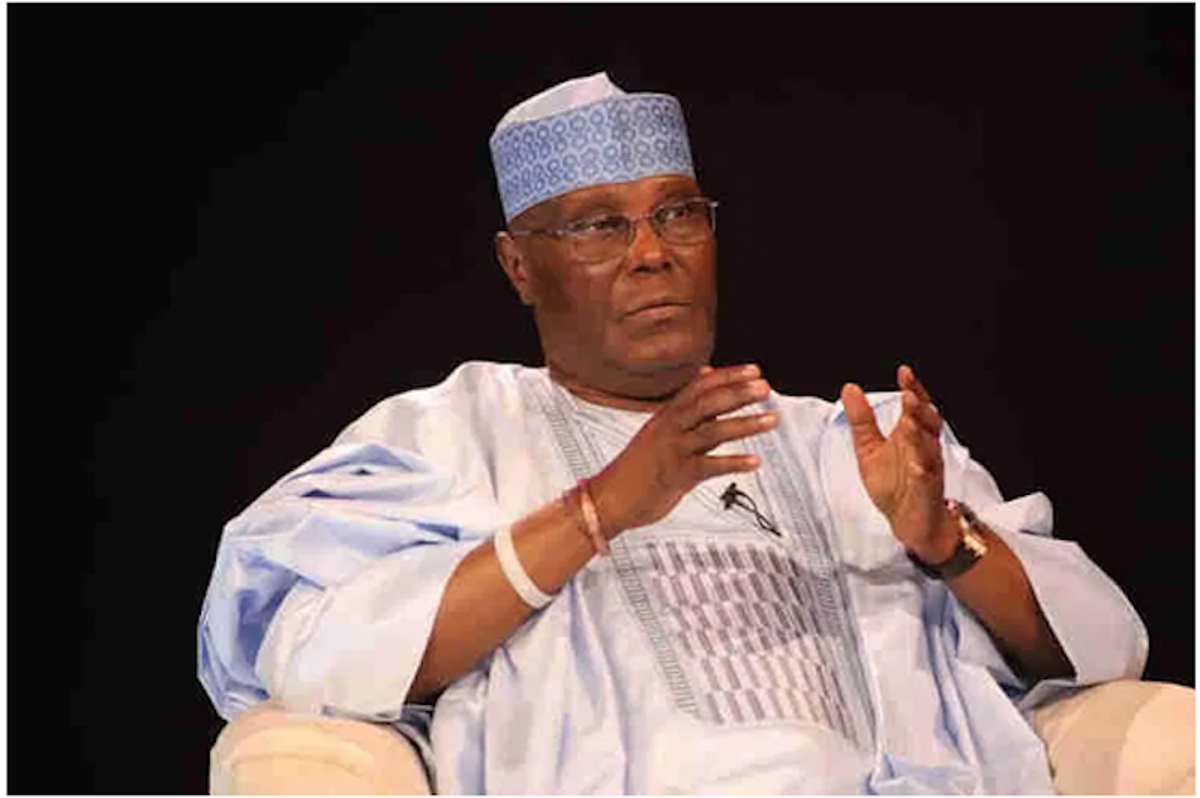FG spent N5bn on humanitarian response in N’East – Minister

Doosuur Iwambe, Abuja
The Federal Government revealed on Monday that it has so far spent about N5 billion on humanitarian response in the North Eastern part of the country.
Minister of health, Prof. Isaac Adewole, who spoke in Abuja, at Nigeria humanitarian response dialogue, with the theme “health sector in humanitarian response” disclosed that the health services intervention programme of the Federal Government succeeded in improving health conditions of the vulnerable population in northeast.
Adewole said that about 1.8 million persons have benefitted from its humanitarian response in the North Eastern part of the country affected by, especially in Borno State within the last three years.
According to him, the benefits given to each person based on the magnitude of need and mortalities recorded for humanitarian crisis related etiologies.
“A total of 888,868 persons benefitted from various service delivery points in the 25 accessible LGAs. And access to basic emergency health service also increased for 614,500 IDPs in different camps within Maiduguri and over one million persons that live in host communities across Borno State.
“The services covered screening, management of cases of severe acute malnutrition in children, management of communicable and non-communicable diseases, provision of family planning services and obstetric care by skilled nurses and midwives, mental health and psychosocial support by trained community health extension workers”, he said.
He explained that the response includes screening and management of cases of severe acute malnutrition in children, management of communicable and non-communicable diseases, provision of family planning services and obstetric care by skilled nurses and midwives and mental health and psychosocial support by trained community health extension workers
“This Project has been on-going for three years now and is presently in its third phase. It has been entirely funded by the Federal Government with the sum of over N 5 Billion Naira invested to date, with large proportion of the fund used to procure medicines and health related supplies, in addition to supporting at least three hundred and fifty (350) healthcare providers at every phase of the project.
“This is unprecedented in the history of humanitarian response. We have invested in training and documenting this human resource and this is an area of expertise we are keen to further develop and institutionalise.
“To achieve our health sector humanitarian response goals, a robust strategic plan was developed with two strategic thrusts: To provide Basic Essential Services for the affected population and, to strengthen the health system in the region Moving forward,
this plan was cascaded into six (6) State Specific Operational Plans for the six (6) North East states; Borno, Adamawa, Yobe, Bauchi, Gombe and Taraba State through a consultative process in the spirit of do no harm,” he said.
Adewole, who disclosed that government’s journey to rebuilding a better North East has been a tortuous one, challenged by ongoing strife but graced the resilience of the people,
the sacrifice of so many and the goodwill of the world and well-meaning leaders and exemplary individuals from all sides of the divide, called on the government to establish a Humanitarian Peace Garden, to honour humanitarians who have paid the ultimate sacrifice in the line of duty.
On his part, the acting Representative of the World Health Organisation Nigeria office, Dr. Clement Peters, commended the government of Nigeria for showing commitment towards providing health services to people affected by crisis in the North East.
Meanwhile, the Secretary to Government of the Federation (SGF), Boss Mustapha, who represented the Vice President, Prof. Yemi Osinbajo, at the event, maintained that government was committed to any cause that would improve the living condition of IDPs in North East.
He condoled with the families of 74 officials of the Federal Ministry of health that lost their lives in the course of delivering health services to IDPs in Borno State.








